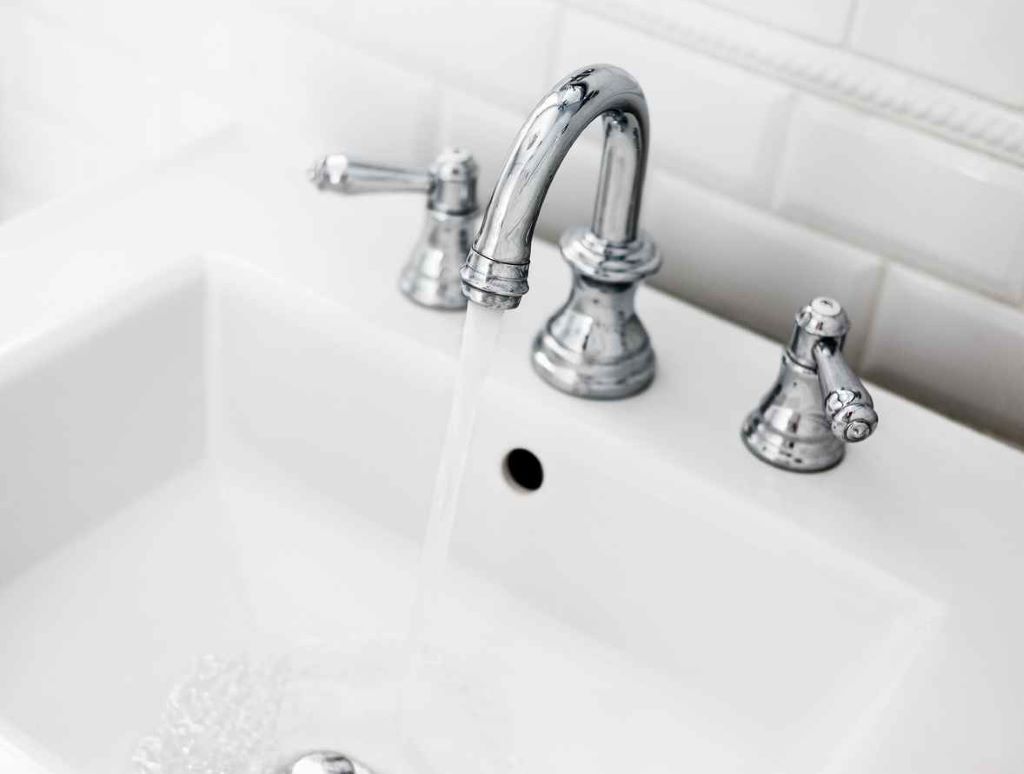why does bathroom sink smell? A common yet perplexing household issue is a bathroom sink that emits unpleasant odors when the water runs. Whether it’s a sulfur-like stench, a musty smell, or a rotting odor, understanding the root causes can be the first step toward eliminating this problem for good. By exploring the science behind these smells and actionable remedies, you can bring your bathroom back to a fresher, cleaner state. Let’s explore the possible causes and how to fix them.
When dealing with this issue, don’t forget to explore Ideya for expert advice on plumbing maintenance and design solutions that enhance your home’s functionality and aesthetics.
Understanding the Root Cause of the Sink Smell
Buildup of Organic Material
Over time, sinks can accumulate organic waste such as hair, soap scum, and toothpaste residue. These materials decompose in your sink’s drain pipes, creating a breeding ground for bacteria. The resulting odor, often likened to rotting food or sewage, can become noticeable when water activates the trapped particles.
What You Can Do:
- Clean the P-Trap: Remove and clean the U-shaped pipe beneath your sink. This pipe often traps debris.
- Use Enzyme Cleaners: Pour enzyme-based cleaners down the drain to break down organic matter.
Dry P-Trap Issues
A properly functioning P-trap forms a water barrier that blocks sewer gases from escaping into your home. If the P-trap dries out—due to infrequent use—it can allow these gases to seep through, causing unpleasant odors.
Solution:
- Regularly run water through the sink to maintain the water seal.
- Add a small amount of mineral oil to the drain to slow evaporation.
Plumbing and Pipe Issues
Ventilation Blockages
Your home’s plumbing system relies on vents to regulate air pressure and expel sewer gases. If the vents are clogged by debris, snow, or other blockages, gases can back up into the sink drain when water is running.
How to Address Ventilation Problems:
- Inspect vent openings for visible obstructions.
- Hire a professional plumber to clear internal blockages.
Leaks in Drain Pipes
Even minor cracks or loose connections in the pipes can lead to odors. Leaking pipes allow moisture to accumulate in areas where mold and bacteria thrive, amplifying bad smells.
Prevention and Fixes:
- Inspect visible pipes for leaks.
- Seal connections with plumber’s tape or replace damaged sections.
Material-Specific Smells
If your sink setup includes a stainless steel sink with oil-rubbed bronze faucet, certain materials can interact with water and cleaning agents to create smells. For instance, hard water can leave mineral deposits that emit odors when wet.
Maintenance Tips for These Setups:
- Use vinegar to dissolve mineral buildup.
- Wipe the faucet and sink after use to reduce moisture and residue.
Bacterial Growth in Overflow Holes
Bathroom sinks often have overflow holes designed to prevent flooding. However, these areas can trap water, soap, and other debris, making them ideal for bacteria and mold growth. When water runs, the movement can stir up these smells.

Steps to Clean Overflow Holes:
- Use a small brush or pipe cleaner to scrub the holes.
- Flush with a mixture of baking soda, vinegar, and hot water.
Water Quality Issues
Hard Water and Mineral Content
High mineral content in hard water can lead to smells due to the reaction between water and plumbing materials. Iron and manganese in water, for instance, can produce a metallic or sulfur-like odor.
Solutions:
- Install a water softener to reduce mineral content.
- Regularly clean fixtures to prevent mineral buildup.
Contaminated Water Supply
Sometimes, the water supply itself can be the culprit. Contaminants in municipal or well water can introduce unpleasant odors when the water flows through your bathroom sink.
What You Can Do:
- Test your water for contaminants.
- Contact your water supplier to report issues.
Mold and Mildew Growth
Moisture trapped in bathroom sink areas creates the perfect conditions for mold and mildew to thrive. These fungi emit a musty smell, which becomes more apparent when water runs.
How to Address Mold Issues:
- Scrub visible mold with a solution of bleach and water.
- Invest in a dehumidifier to reduce bathroom moisture levels.
Unusual Causes of Bathroom Sink Odors
The Homeowner’s Guide to Seasonal Deep Cleaning and Maintenance: Making Spring Cleaning a Breeze
Dead Animals in Pipes
It’s rare but possible for small animals to get trapped and decompose in your plumbing system, emitting a foul odor when water runs.
Solution:
- A professional plumber can locate and remove the source.
Chemical Reactions in Pipes
Sometimes, the combination of cleaning products and pipe materials can create a chemical smell.
Prevention Tips:
- Avoid mixing cleaning products.
- Use pipe-friendly cleaners.
You Might Enjoy: Safe and Effective Ways to Remove Paint from Hardwood Floors
Conclusion
Bathroom sink odors are not only unpleasant but can also signal deeper issues within your plumbing or water system. By understanding the root causes—whether it’s bacterial growth, plumbing problems, or water quality—you can take proactive measures to eliminate the smells. Don’t hesitate to seek professional help for persistent issues to ensure a safe and fresh-smelling home.




